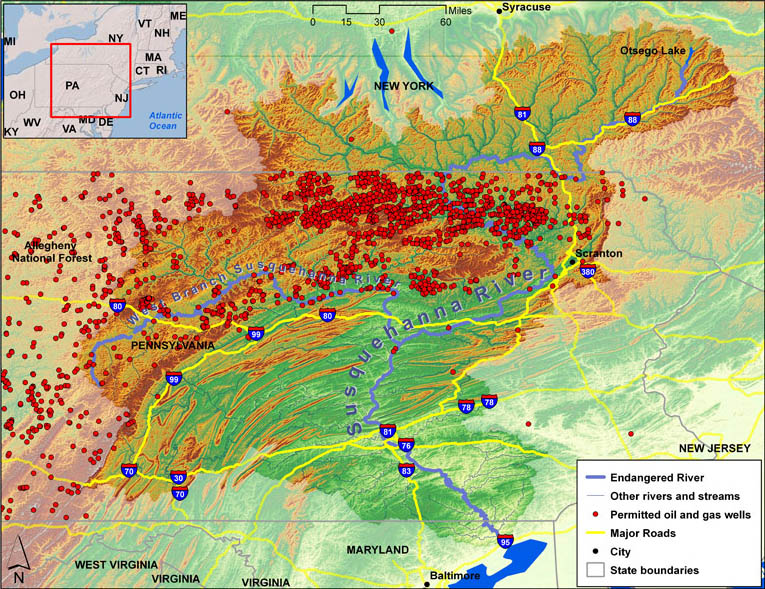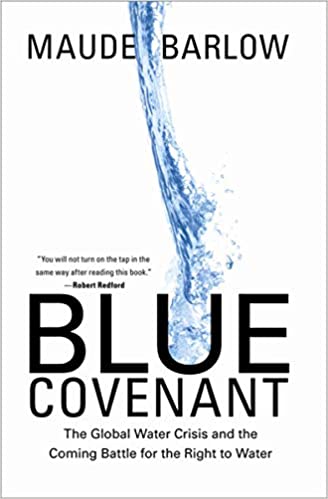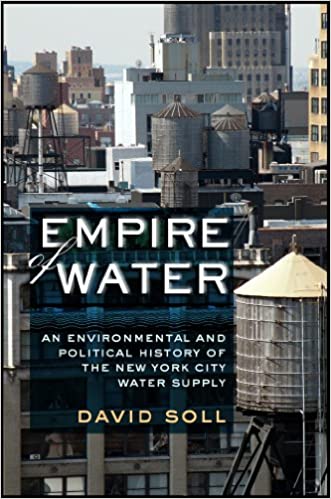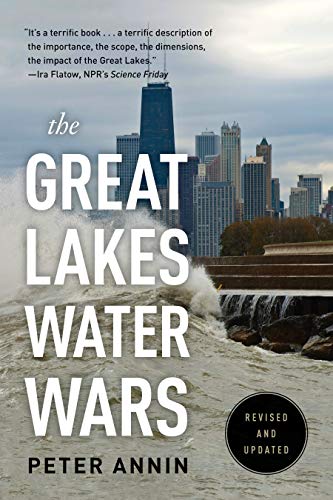
December 27, 2011SRBC Adopts Final Rulemaking on Gas Drilling, Ignores ConcernsAt its December 15, 2011, meeting in Wilkes Barre, PA, the Susquehanna River Basin Commission (SRBC) voted to amend its project review regulations for gas drilling and approved 22 water withdrawal and consumptive use applications, as reported on the SRBC website. The amended SRBC rules become effective April 1, 2012. The official Final Rule will be published in the Federal Register. Both the full text of the new rules and an executive summary are posted on the SRBC website. The revised deadline for written comments on the proposed regulations was November 10, 2011. The SRBC’s Project Review Regulations, codified at 18 Code of Federal Regulations (CFR) Parts 801, 806, 807 and 808), contain the standards and procedures used by the Commission for the review and approval of water resources projects, and for related enforcement and oversight activities. The SRBC's Project Review Regulations were previously amended in September 2010, effective November 1, 2010. In response to some outspoken members of the public, the SRBC's December 15th meeting was adjourned before the agenda was completed. After adjourning, the Commissioners voted off-the-record to approve the majority of the water withdrawal applications on the agenda. On December 22, 2011, a group of environmental organizations submitted a letter to the SRBC pointing out that the Commission’s approval of the water withdrawal applications may not be legally effective because the approvals occurred after the meeting was adjourned. The letter also points out that by adjourning the meeting prematurely, the SRBC prevented the testimony of non-protesting members of the public who wished to testify on individual water withdrawal applications. The letter asserts that by not allowing public testimony and approving water permits off-the-record, the SRBC penalized the entire public and violated its own rules and procedures. Prior to the meeting, a number of commentators had urged the SRBC to announce a moratorium on water withdrawals for hydraulic fracturing until the Commission has in place a comprehensive plan for water use and management based on a study of the cumulative impacts of projected gas development in the Susquehanna River Basin. The Pennsylvania Chapter of the Sierra Club said, "The evidence is growing that the drilling industry is causing pollution," and pointed out that the revisions under consideration would make it easier for gas companies to get permits by allowing an "approval by rule" process for transfers of wastewater and consumptive use of water that eliminates actual review of these uses and transfers by the Commissioners. The Sierra Club noted that, "The SRBC operates on the basis of 'joint authority,' which requires policy coordination and uniform standards among member states when it comes to water use and management. SRBC must abandon its proposed regulations and not issue any more permits for water withdrawals until New York and Maryland have completed their studies of the impacts of gas development and adopted related regulations."
|
|







